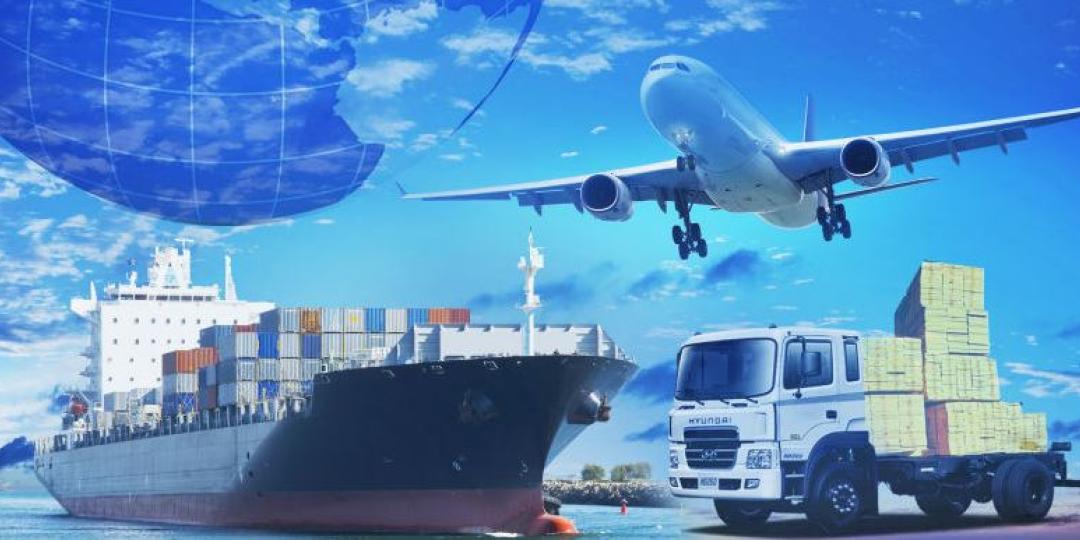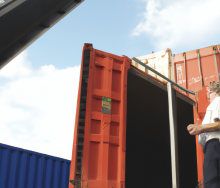Choosing a freight forwarder that is right for your business can be a daunting task considering the number of options available in a fairly commoditised industry. When selecting a supplier, you are not only entering into a business agreement, but trusting a partner who can help your business succeed. Imperative to securing the best solution for your organisation is the ability to clearly articulate shipping needs and provide the necessary information to the freight forwarder in order for them to create the best solution possible.
The following questions will help you compare offerings and determine which freight forwarder best suits your organisation’s unique requirements:
Do I fully understand what I need?
This is the “help them, help me” part – by understanding and clearly describing your organisation’s own needs in terms of your supplier incoterms, mode of service, shipment volumes and sizes and type of freight, vendors are more likely to be able to provide the service you require.
Is the vendor experienced in handling a complex variety of shipments?
You may need assistance with ocean freight from China, but what happens when you need air freight from Dubai or bulk transport into Africa? Ask vendors about their experience in different modes of forwarding from different destinations. Do they have the know-how and partners to accommodate all your current and future needs? Different commodities, modes of transport, legal requirements and countries create complexity and not all forwarders can handle every variety of shipment. A vendor should be able to understand the requirements of your shipments and advise on how to make the process a smooth one.
Do they have good industry relationships?
Your freight forwarder is the link between your organisation and the shipping/airline and they negotiate rates on your behalf. Having good relationships with a variety of carriers means that the forwarder has access to several options for moving your freight in the best way possible to avoid delays. A network of agencies around the world ensures that there are connected “feet-on-the-ground” to manage your shipments. Being part of industry bodies or associations requires operational efficiencies, integrity and other requirements which act as reassurances to you that the vendor is accredited and legitimate.
Do they offer complementary services?
Freight forwarding is but one step in your supply chain. A vendor that offers end-to-end solutions is able to manage your entire supply chain and unlock value by streamlining the entire process. Optimised inventory, smart network models and managed warehouses can all operate together with freight forwarding to ensure that your product is at the right place at the right time.
A forwarder should not simply offer you a rated solution to move your product across the world, they should provide you with a tailored solution, considering all aspects of your supply chain to support and drive your business strategy.
Source: Barloworld Logistics










